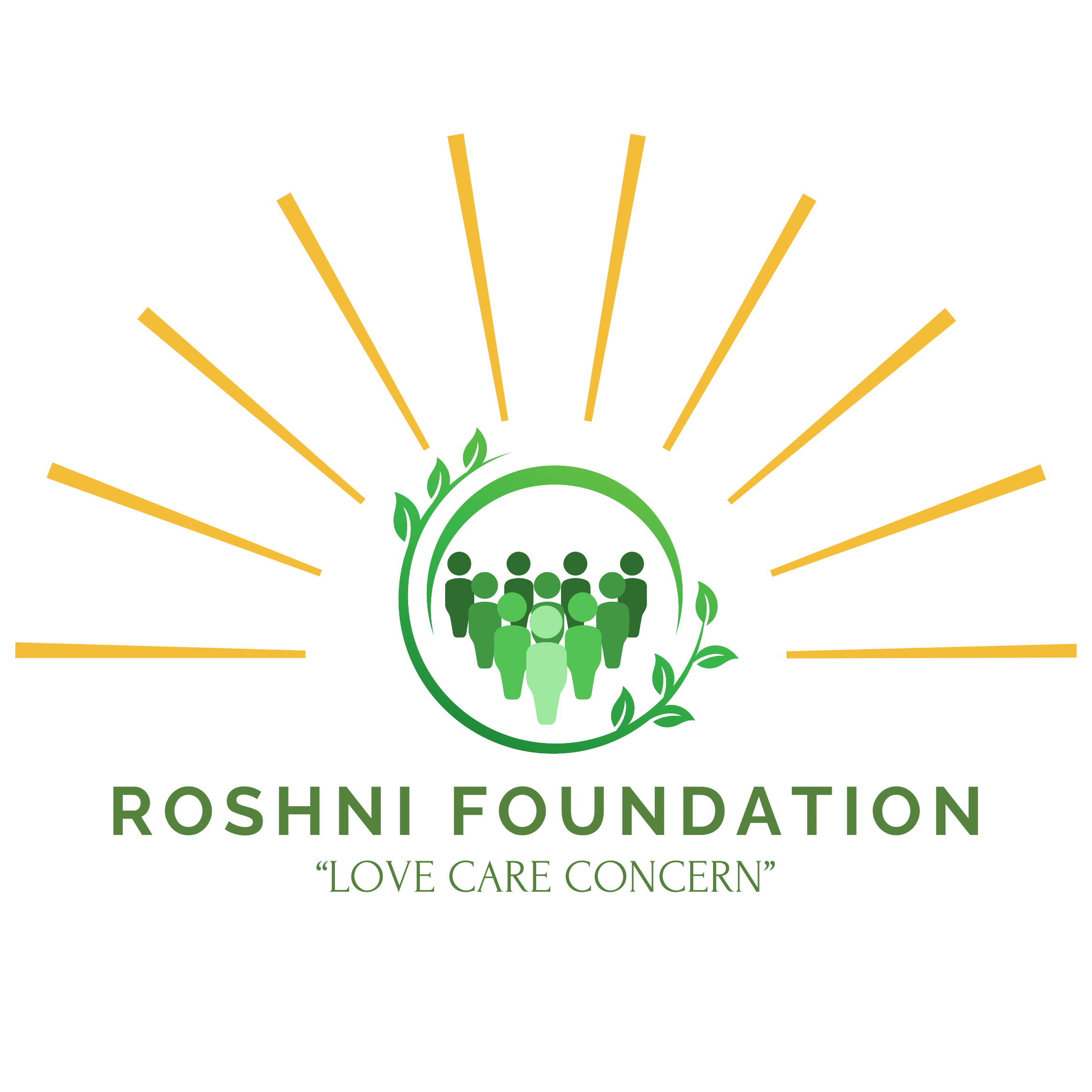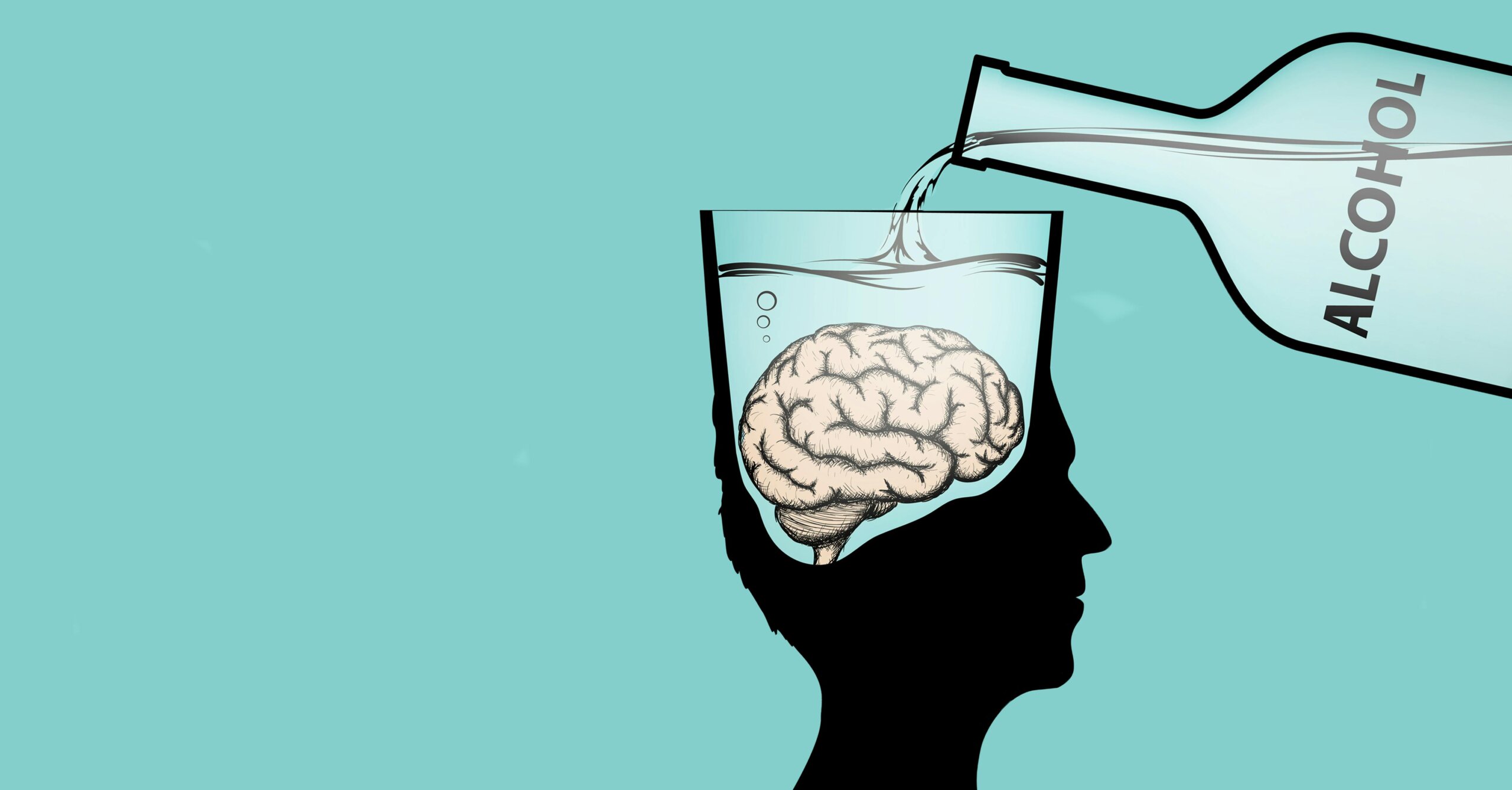Alcohol addiction and mental health issues are two deeply intertwined challenges that affect millions of lives globally. These dual concerns don’t just coexist — they often fuel and worsen each other, creating a dangerous cycle that’s difficult to escape. Understanding this connection and finding the right path to recovery can transform lives, offering individuals the chance to heal, grow, and thrive.
In the journey toward recovery, Roshni Foundation stands as a pillar of strength, compassion, and professional excellence. Known for its integrated and holistic approach, Roshni Foundation offers comprehensive treatment solutions that address both alcohol addiction and mental health simultaneously. Their mission is to empower people to rise above dependency while restoring psychological balance and emotional well-being.
Understanding the Link Between Alcohol Addiction and Mental Health
The link between alcohol addiction and mental health is complex and often underestimated. People who suffer from anxiety, depression, trauma, or stress may turn to alcohol as a coping mechanism. On the flip side, long-term alcohol use can also trigger or worsen mental illnesses by altering brain chemistry and emotional regulation.
Studies show that individuals with mental health conditions are more likely to develop alcohol dependence, and vice versa. For instance, a person dealing with post-traumatic stress disorder (PTSD) may begin drinking excessively to escape flashbacks or emotional pain. Over time, this habit turns into addiction, creating a loop that’s tough to break.
Recognising this relationship is crucial in treatment. Addressing alcohol addiction and mental health as separate issues often leads to relapse. Integrated treatment plans — such as those offered at Roshni Foundation — tackle both problems together, improving long-term recovery success rates.
Signs You May Be Struggling with Both Conditions
It’s important to understand the signs that indicate a combined problem of alcohol addiction and mental health:
-
Frequent mood swings or emotional numbness
-
Using alcohol to sleep, socialise, or relieve anxiety
-
Feelings of guilt, hopelessness, or self-harming tendencies
-
Neglecting personal, professional, or social responsibilities
-
Withdrawal symptoms like shaking, sweating, or depression occur when not drinking
If these symptoms sound familiar, seeking professional help is essential. Self-diagnosing or attempting to “power through” can lead to worsening symptoms. Timely intervention, especially from an organisation like Roshni Foundation, can redirect your path toward healing and stability.
The Roshni Foundation Approach: Holistic and Hopeful
Roshni Foundation addresses alcohol addiction and mental health through a multidisciplinary approach. This means clients receive care from psychologists, addiction specialists, counsellors, and medical professionals under one roof.
Their programs include:
-
Detoxification under medical supervision
-
Psychiatric evaluation to identify underlying conditions
-
Individual and group therapy to address emotional triggers
-
Family therapy to rebuild trust and communication
-
Relapse prevention strategies focused on both physical and mental recovery
This comprehensive system ensures that individuals not only stop drinking but also develop tools to manage stress, regulate emotions, and rebuild their lives with confidence.
The Importance of Dual Diagnosis Treatment
When someone suffers from both alcohol addiction and mental health disorders, it’s known as a dual diagnosis. Without addressing both components, treatment is incomplete. For example, treating alcoholism without tackling the underlying anxiety disorder may lead to future relapses when stress arises again.
Dual diagnosis treatment combines psychiatric care and addiction therapy to ensure balanced recovery. It emphasises:
-
Treating root causes, not just symptoms
-
Personalised care tailored to unique needs
-
Medication support when necessary
-
Building long-term coping mechanisms
Roshni Foundation specialises in dual diagnosis and understands that lasting recovery begins with treating the whole person, not just the addiction.
Social Stigma and the Need for Awareness
Another layer of difficulty with alcohol addiction and mental health is the stigma attached to both. People hesitate to ask for help due to fear of judgment, shame, or misunderstanding by friends and family. This can delay treatment and deepen emotional isolation.
Breaking this stigma is a societal responsibility. Schools, workplaces, and families must be educated to understand these issues with empathy and without prejudice. Roshni Foundation plays a key role in raising awareness through community outreach and awareness campaigns, reminding everyone that seeking help is a sign of strength, not weakness.
Tips for Managing Recovery and Preventing Relapse
Recovery from alcohol addiction and mental health conditions doesn’t end with a few therapy sessions or a detox program. It requires long-term effort, support, and commitment. Here are some expert-backed strategies:
-
Maintain a routine to create structure and predictability
-
Surround yourself with positive influences and supportive friends
-
Attend therapy or support groups regularly
-
Avoid triggers such as high-stress environments or social settings that encourage drinking
-
Practice mindfulness and physical exercise to regulate emotional states
-
Celebrate milestones in recovery, no matter how small
Roshni Foundation’s post-rehab care programs focus on these aspects, ensuring individuals have a strong safety net after their initial treatment phase.
Conclusion
Struggling with alcohol addiction and mental health is not a personal failure — it’s a medical and emotional challenge that deserves care, understanding, and the right professional support. The journey to recovery is not linear, but with the right help, it is absolutely achievable.
If you’re looking for a compassionate and expert-led recovery journey, the Best Rehab centre in Dehradun, Roshni Foundation, offers the care, tools, and environment needed for true healing. Don’t wait for rock bottom — seek help today and take the first step toward healing your mind and reclaiming your life.


